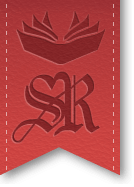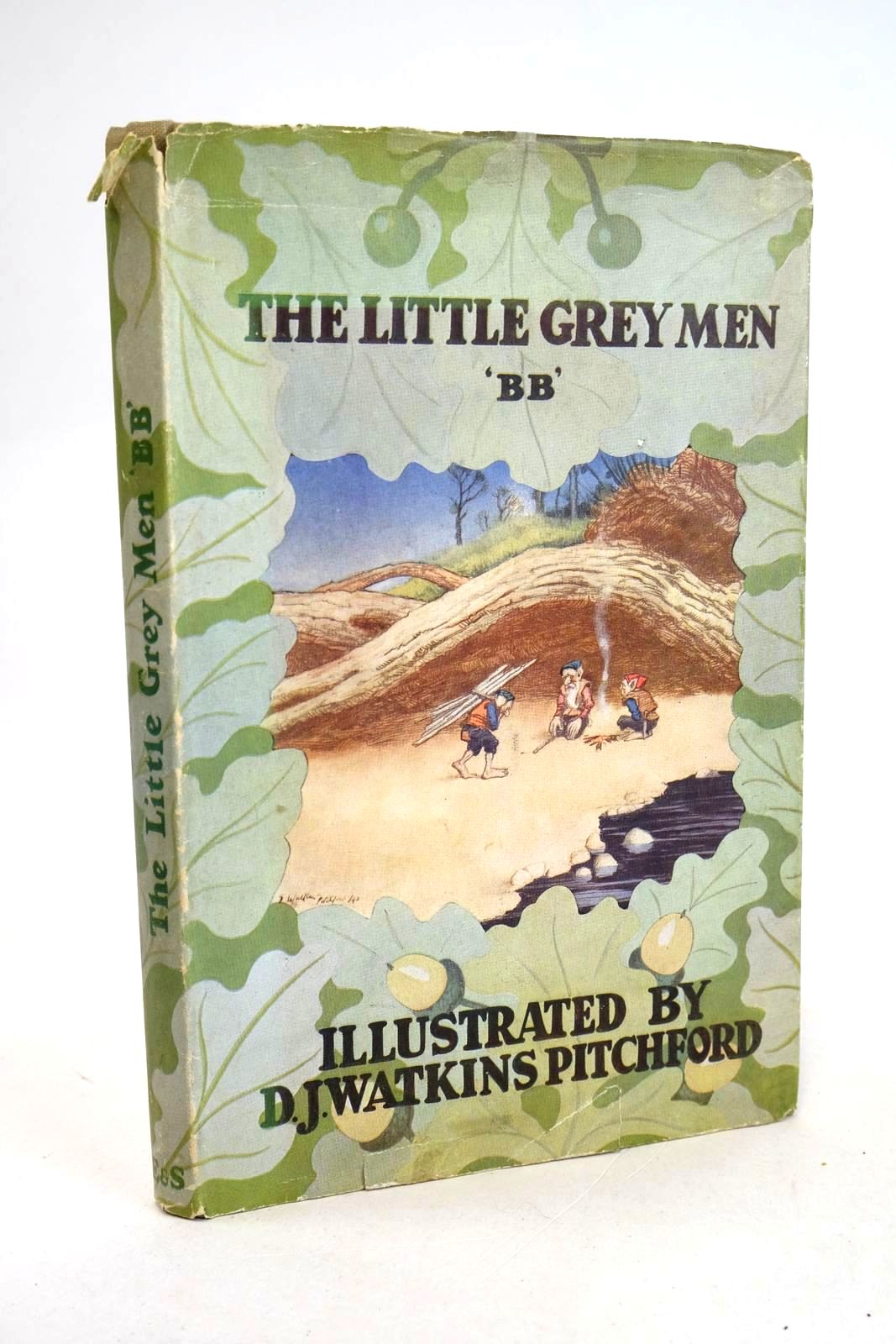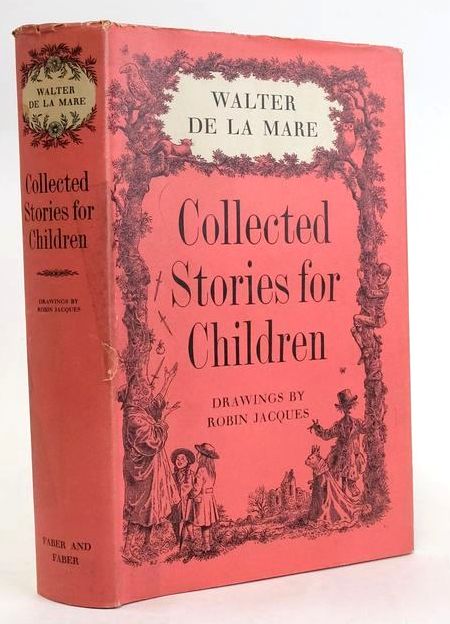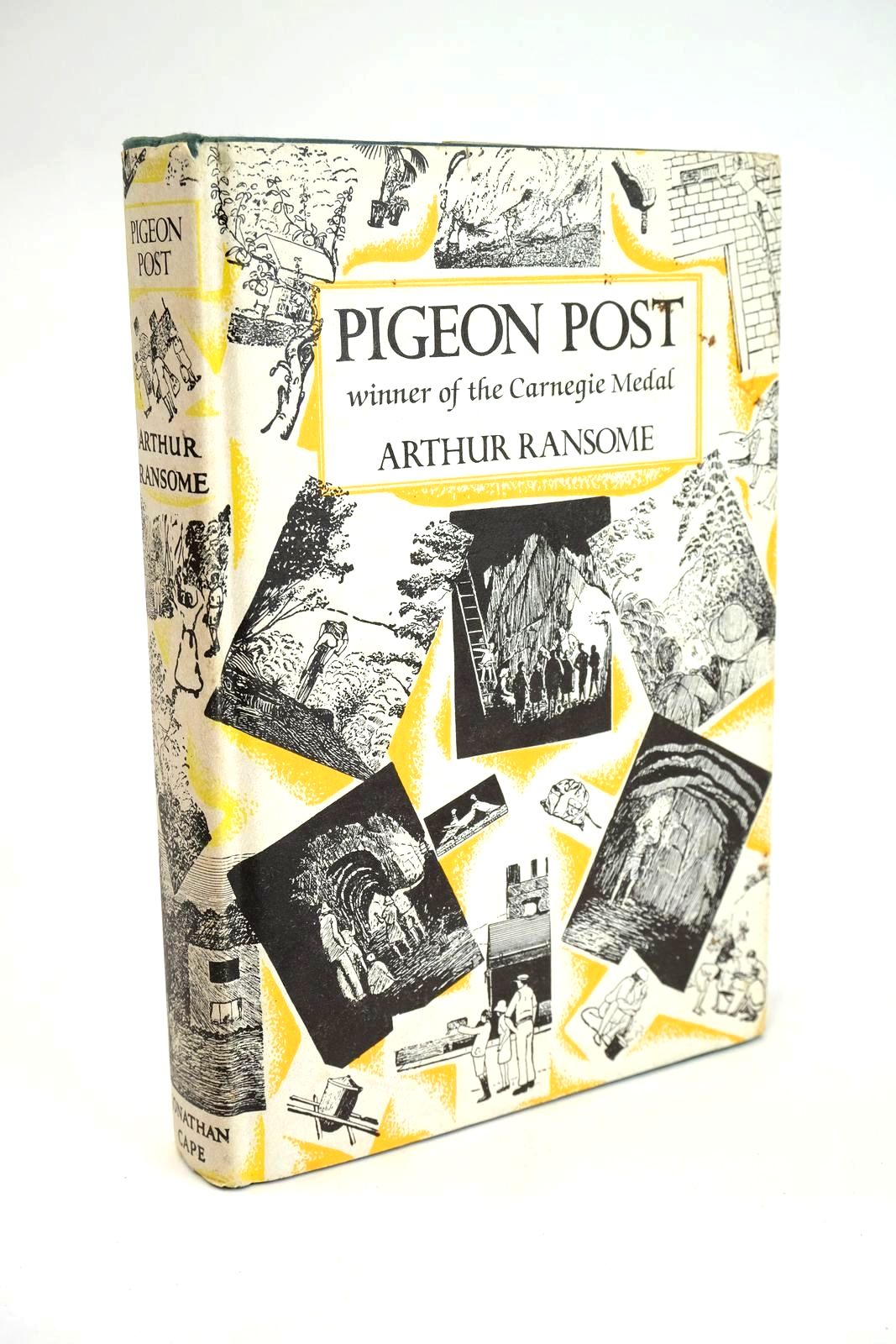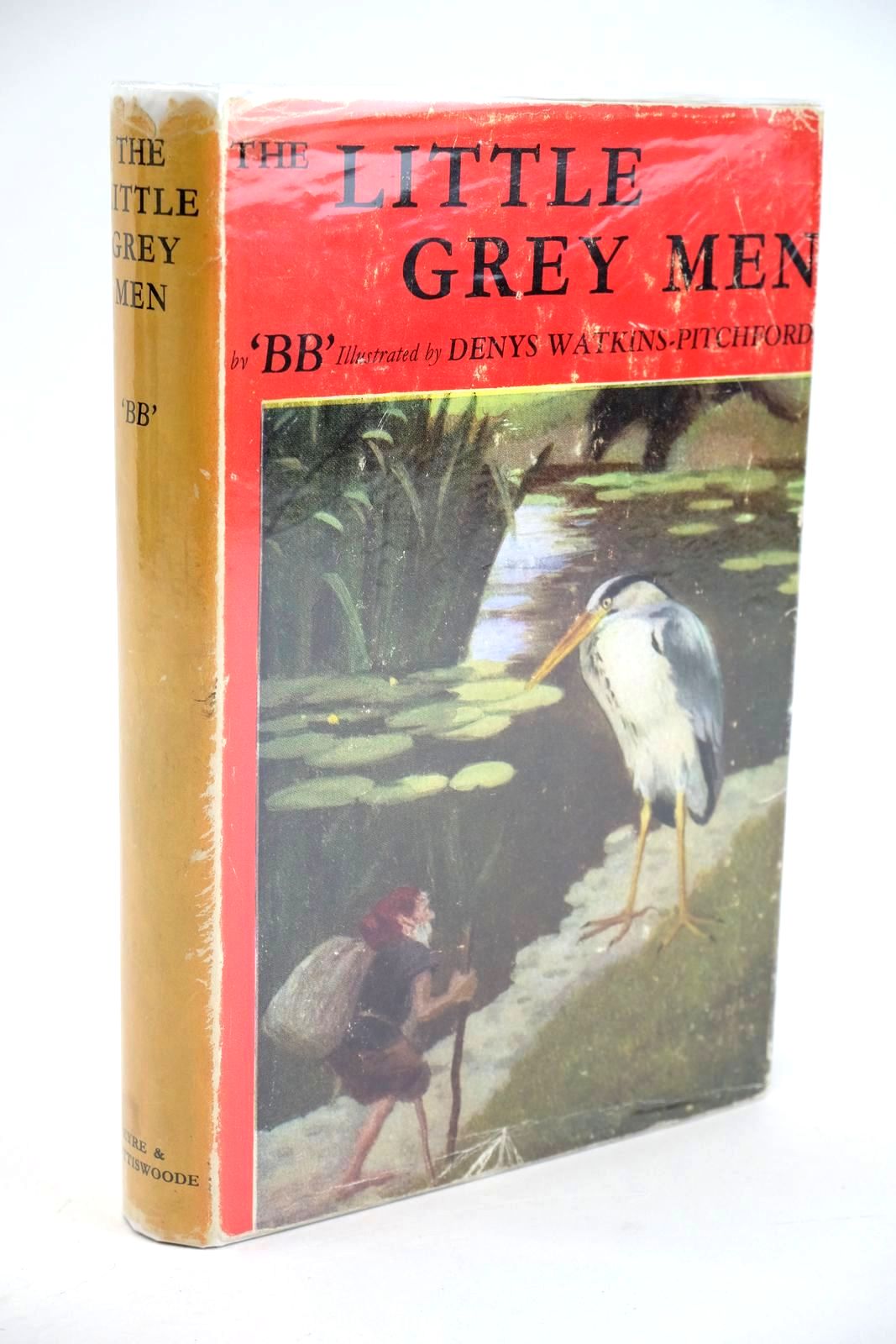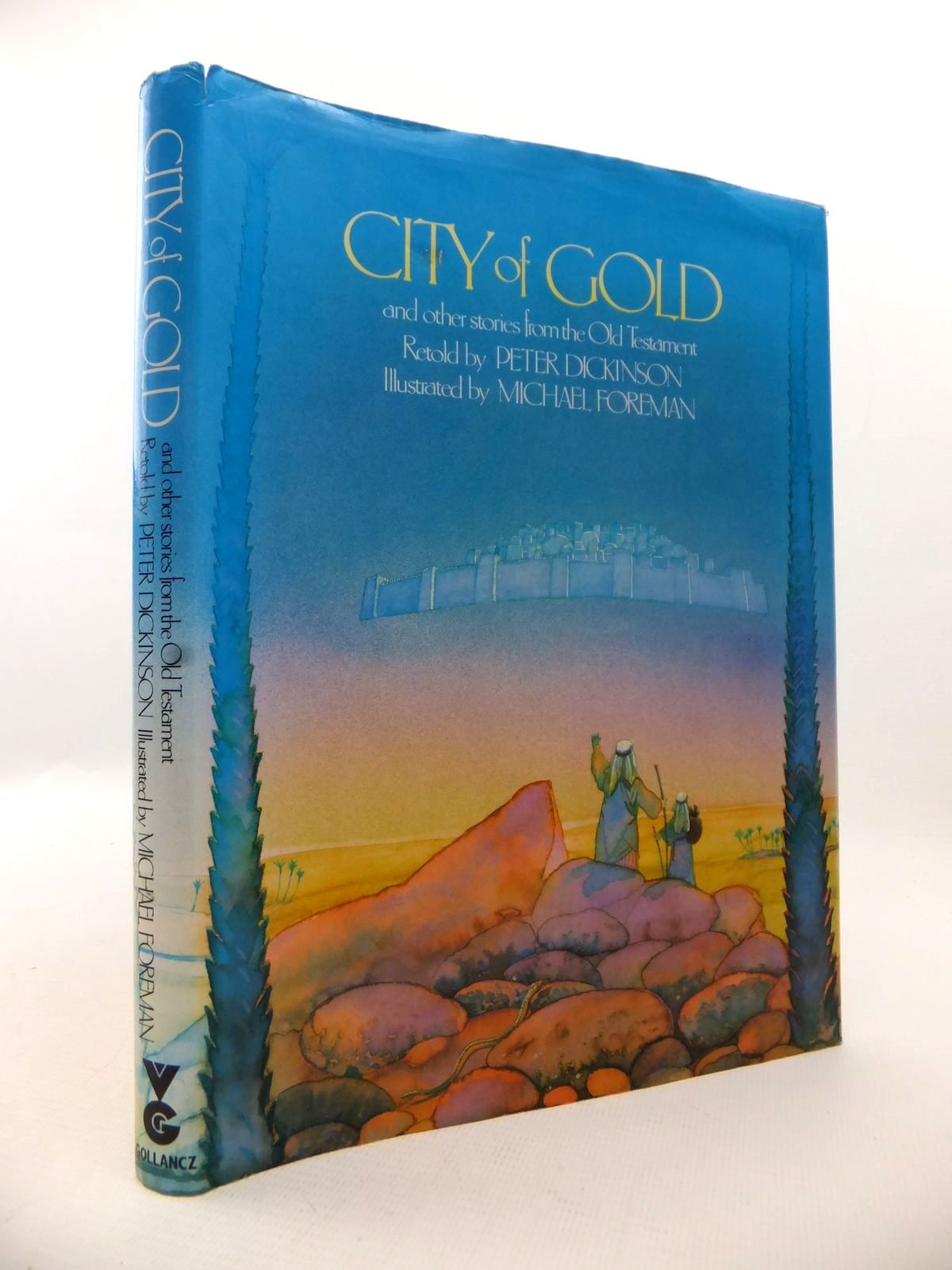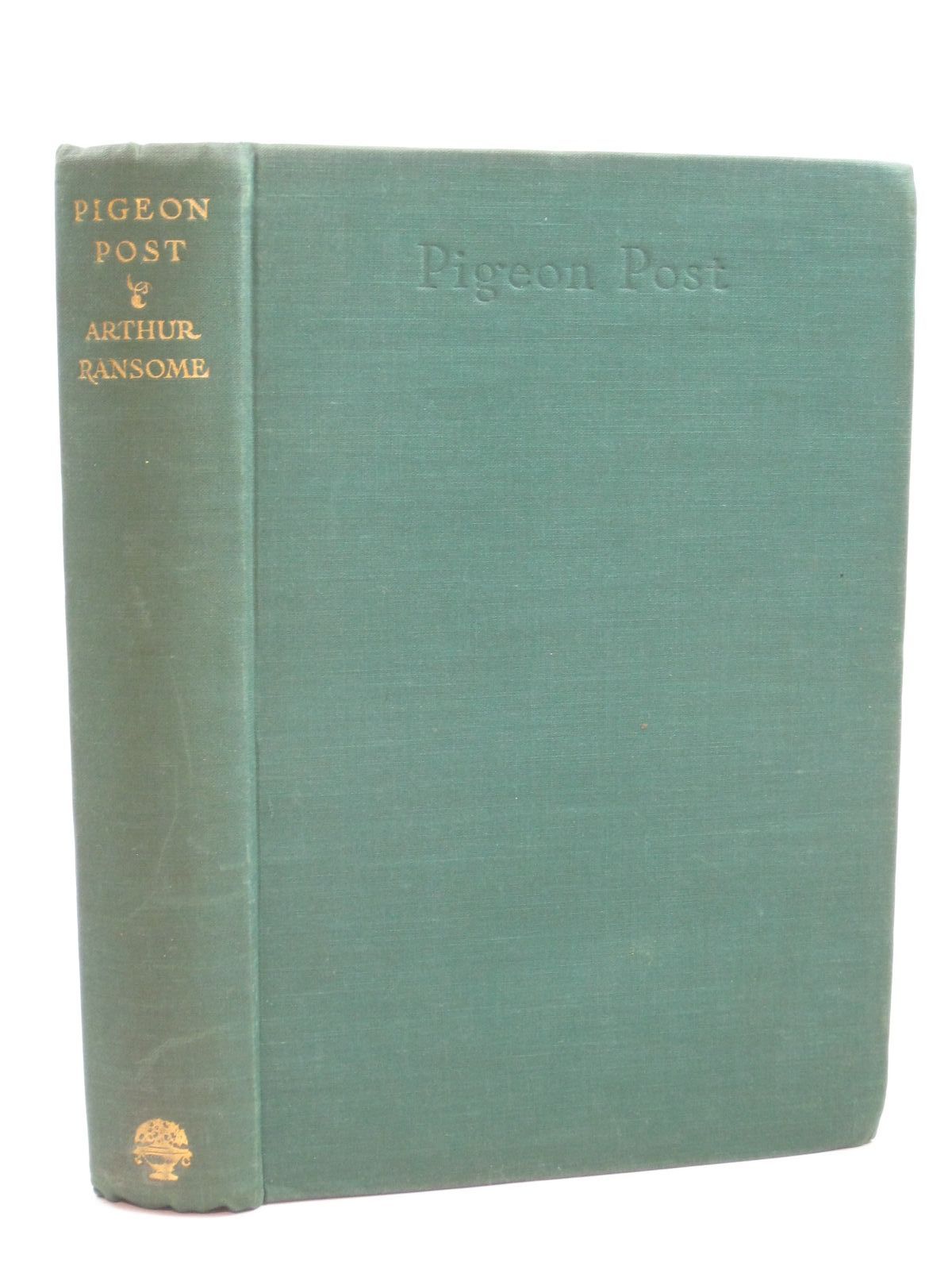The Carnegie Medal
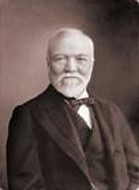 The Carnegie Medal was established by the Library Association early in the last century, in memory of the great Scottish-born philanthropist Andrew Carnegie (1835-1919). Carnegie was a self-made industrialist who made his fortune in the steel industry in America - wealth that he used to provide funding for many British Public libraries. Reminiscing on his own childhood experience of using a library, Carnegie resolved that "if ever wealth came to me it should be used to establish free libraries".
The Carnegie Medal was established by the Library Association early in the last century, in memory of the great Scottish-born philanthropist Andrew Carnegie (1835-1919). Carnegie was a self-made industrialist who made his fortune in the steel industry in America - wealth that he used to provide funding for many British Public libraries. Reminiscing on his own childhood experience of using a library, Carnegie resolved that "if ever wealth came to me it should be used to establish free libraries".
.jpg) 1935 was the centenary of Carnegie's birth and it was decided that a medal should be instituted in celebration of this. Therefore, on April 2nd 1936, the Library Association executive committee accepted the recommendation that "a gold medal be made annually for the best children's book published during the year by a British author".
1935 was the centenary of Carnegie's birth and it was decided that a medal should be instituted in celebration of this. Therefore, on April 2nd 1936, the Library Association executive committee accepted the recommendation that "a gold medal be made annually for the best children's book published during the year by a British author".
The medal for a given year is not announced until the summer of the following year, allowing time for the judging process. Therefore, in the summer of 1937, the winner of the first Carnegie medal was announced - Arthur Ransome for Pigeon Post.
The medal is one of the most coveted literary awards, even though it offers no cash reward to the author who wins.
.jpg) The Carnegie judging panel consists of 13 professional children's librarians from the Youth Libraries Group of the CILIP (Chartered Institutes of Library and Information Professionals). Nominated books are also read by students from various schools around the country who send feedback to the judging panel. The winner receives a gold medal and £500 worth of books to be donated to a library (public or school) of their choice. In this way, the name of Andrew Carnegie is remembered for all that he did in the service of public libraries.
The Carnegie judging panel consists of 13 professional children's librarians from the Youth Libraries Group of the CILIP (Chartered Institutes of Library and Information Professionals). Nominated books are also read by students from various schools around the country who send feedback to the judging panel. The winner receives a gold medal and £500 worth of books to be donated to a library (public or school) of their choice. In this way, the name of Andrew Carnegie is remembered for all that he did in the service of public libraries.
Over the years the Carnegie Medal has had some memorable winners. My favourite book as a child - The Family from One End Street by Eve Garnett - won the award back in 1937. Although famous for his works on nature, 'BB' (D.J. Watkins-Pitchford) won the award in 1942 for his children's book The Little Grey Men. Mary Norton won the medal in 1952 for the first in what was to become a popular series - The Borrowers. Another famous winner was C.S. Lewis, winning the 1956 medal for the last in the Narnia series - The Last Battle. Another favourite of mine was the 1972 winner -Richard Adams' Watership Down. Interestingly, despite their massive popularity, none of J.K. Rowling's 'Harry Potter' books have ever won the medal.
The medal has only 'missed' three years - 1943, 1945 and 1966 - when no books were considered suitable for the award.
.jpg) 2007 is the 70th anniversary of the Carnegie Medal and in celebration of this the 'Carnegie of Carnegies' award has been created. For this award, judges selected what they considered to be the top 10 medal winners since the creation of the medal back in 1936. This shortlist of award winners was offered to the public via an online poll with the winning book taking over 40% of the votes cast within the UK. This award went to Philip Pullman for his book The Northern Lights - which won the Carnegie Medal back in 1995.
2007 is the 70th anniversary of the Carnegie Medal and in celebration of this the 'Carnegie of Carnegies' award has been created. For this award, judges selected what they considered to be the top 10 medal winners since the creation of the medal back in 1936. This shortlist of award winners was offered to the public via an online poll with the winning book taking over 40% of the votes cast within the UK. This award went to Philip Pullman for his book The Northern Lights - which won the Carnegie Medal back in 1995.
The following books were shortlisted for the 2007 Carnegie Medal:
The Road of the Dead by Kevin Brooks (ISBN 9781905294268)
A Swift Pure Cry by Siobhan Dowd (ISBN 9780385609692)
The Road of Bones by Anne Fine (ISBN 9780385610636)
Beast by Ally Kennen (ISBN 9780439951043)
Just in Case by Meg Rosoff (ISBN 9780141380780)
My Swordhand is Singing by Marcus Sedgwick (ISBN 9781842551837)
.jpg) The winner of the 2007 Carnegie medal was announced on June 21st. The winner was Meg Rosoff for her book Just in Case.
The winner of the 2007 Carnegie medal was announced on June 21st. The winner was Meg Rosoff for her book Just in Case.
If you wish to see the complete list of Carnegie Medal winners please visit the main Carnegie site http://www.carnegiegreenaway.org.uk/carnegie/index.php.
Information for this article was gleaned from the Carnegie website and from In the Realms of Gold - the story of the Carnegie Medal by Keith Barker.
Latest Winners are:
2008 Here Lies Arthur by Philip Reeve published by Scholastic
2009 Bog Child by Siobhan Dowd published by David Fickling
Contributed by Maria Goddard
(Published on 15th Sep 2014 )
